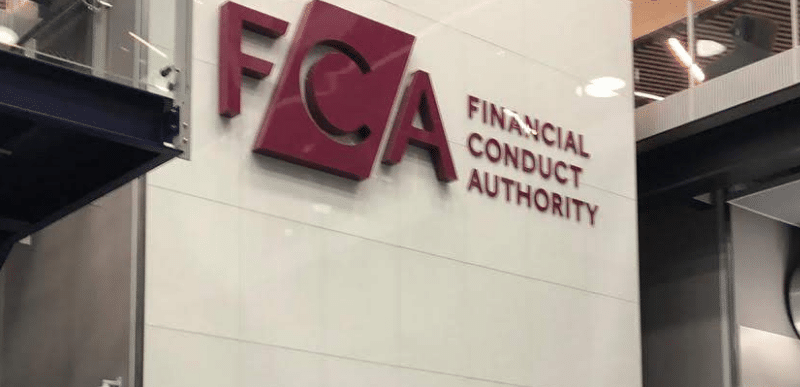MiFID II Started with a Bang – Is It Going Out with a Whimper?

MiFID II: All Bark, No Bite?
European financial regulators passed MiFID II largely as a consumer protection measure. Policymakers were concerned about sophisticated financial firms exploiting consumers who lacked knowledge or education about certain financial transactions and instruments. This was certainly an issue amid the financial crisis of 2008, and regulatory agencies acted swiftly in order to try to mitigate the market manipulation, fraud, and other inappropriate activities that a lack of consumer knowledge within the financial services market made possible. The MiFID II was part of this response, but the lack of enforcement actions that we have seen in the time since it was passed raises real questions regarding whether or not this regulation carries the consumer protection burden it was meant to bear.
The MiFID II went into effect on 3 January 2018, but there have been relatively few enforcement proceedings since. Although regulators have been clear that they wanted to give financial firms some time to come into compliance with the meaningful changes the regulation makes to monitoring and oversight requirements, the lack of enforcement activity has been puzzling.
MiFID II Enforcement Off to a Slow Start
The lack of transparency in Europe’s financial markets costs investors hundreds of millions of dollars each year. Watchdog organizations have tallied dozens of alleged MiFID II breaches and reported them to the FCA, but the agency has moved forward with relatively few of them – if any at all. Some advocates are accusing FCA outright of failing to follow the letter of the law by failing to act on widespread MiFID II noncompliance, and the FCA’s laissez-faire approach to enforcing MiFID II’s recordkeeping and monitoring requirements have caused many experts to wonder whether we are witnessing the demise of MiFID II altogether.
The true motives behind the FCA’s sluggishness with respect to ensuring MiFID II compliance are known only to the agency’s policymakers. Regardless, the widespread lack of enforcement has caused many within the industry to speculate whether or not the regulation actually offers the robust reforms it promised. It is possible that MiFID II has turned from a promising financial market reform to yet another toothless regulation. However, with the current Brexit upheaval, it is entirely possible that regulators have maintained their focus on consumer protection and are simply waiting for the opportune moment to make their move.
Waiting for the Dust to Settle
London has served as a financial hub in Western Europe for most of the past decade, but its place in the future of the continent’s financial marketplace is unclear. Brexit negotiations are underway, and if Europe’s political leaders fail to find a suitable result with respect to how, when, and whether European interests may intervene in Britain’s financial markets, the EU may be forced to revise its regulatory approach entirely.
When they passed the MiFID II, Europe’s financial regulations had developed a rule meant to cater to a wider consumer financial market than what would exist on the continent if Britain successfully leaves the EU. Depending upon the outcome of ongoing Brexit negotiations, this rule may prove unworkable for the new Europe. Thus, rather than simply dragging its feet, the FCA may be limiting MiFID II enforcement out of concern over causing unnecessary financial market upheaval during an already uncertain political and economic time on the continent.
In all fairness, European authorities are pursuing a number of investigations and actions intended to enforce the extensive requirements imposed by MiFID II. As of February, the FCA was investigating 48 investment companies for violating key MiFID II cost disclosure requirements – up from 34 investigations that were ongoing in October 2018. However, not even the FCA itself is particularly pleased with current MiFID II compliance levels. The question remains, however, what exactly there is to do about it.

The FCA has moved forward with relatively few investigations
A Storm on the Horizon
When it comes to MiFID II enforcement, Brexit is the elephant in the room. Until the negotiations have finalized, there is no way of knowing how financial markets will be regulated on the European continent. This is leaving the hundreds of thousands of people in Britain’s regulated financial services industry and the hundreds of millions of European financial consumers affected by current regulations completely in the dark. As the uncertainty surrounding Brexit continues to grow, heels are digging in on all sides. Regulators and financial firms alike are holding their cards close to their chests, but suffice it to say a resolution will come. When this happens, the financial firms that are unprepared to come into compliance quickly will be the ones left bearing the greatest burden in the shape of hefty fines.
In times of political uncertainty, the ability to adapt quickly becomes particularly valuable for regulated entities. When it comes to MiFID II compliance, there will be winners and there will be losers. For now, it’s more likely than not that the only losers in the future of European financial regulation will be the firms that prove unable to adapt to policy changes when they come.
Related Articles

Shield Reacts: The Midas touch
Subscribe to Shield’s Newsletter
Capture everything. Deploy anywhere. Store in one place.


